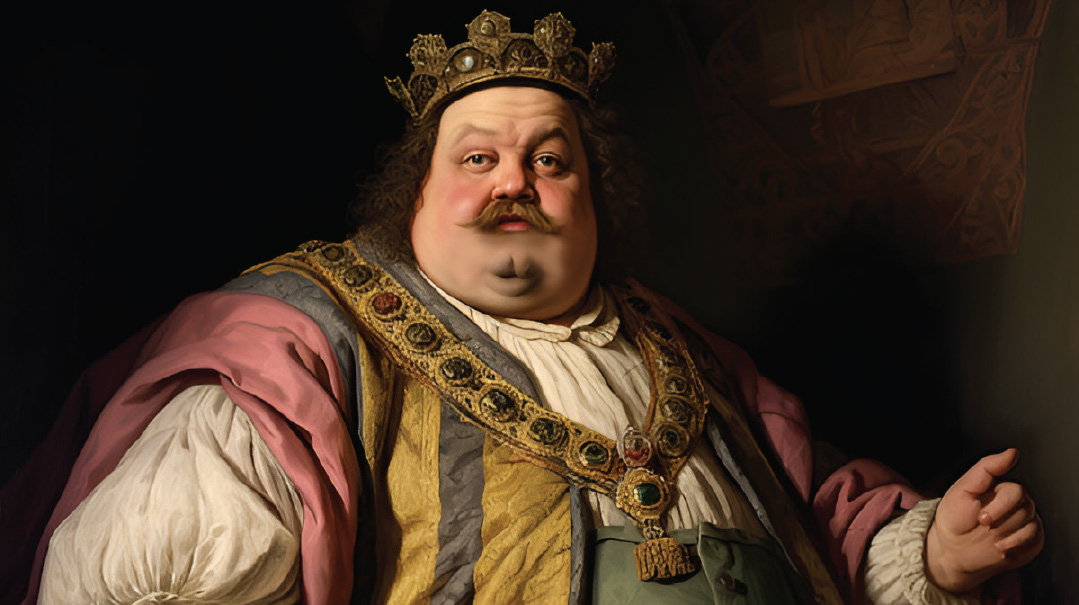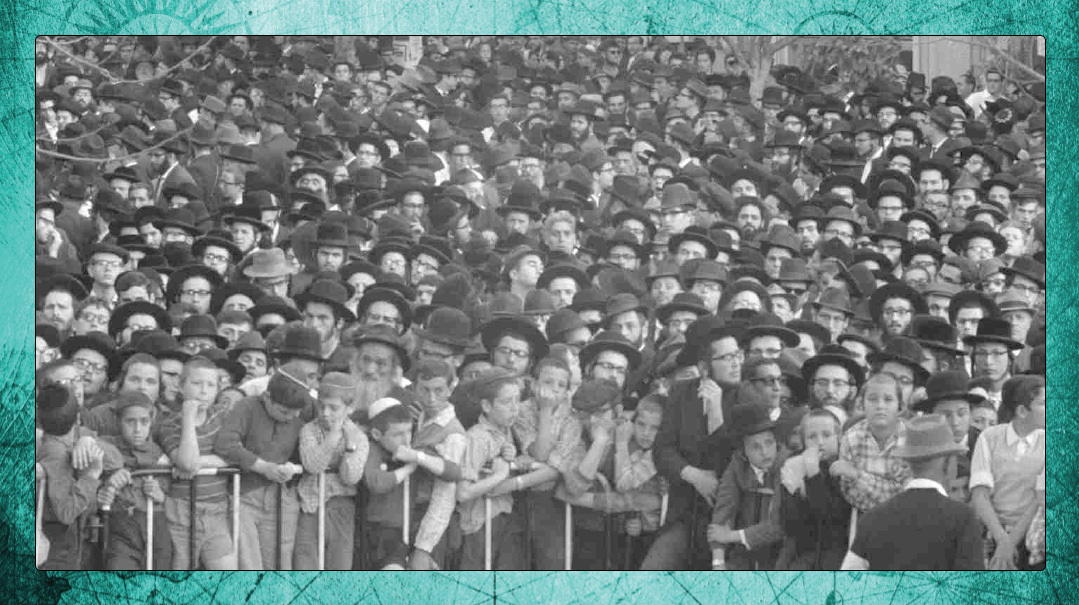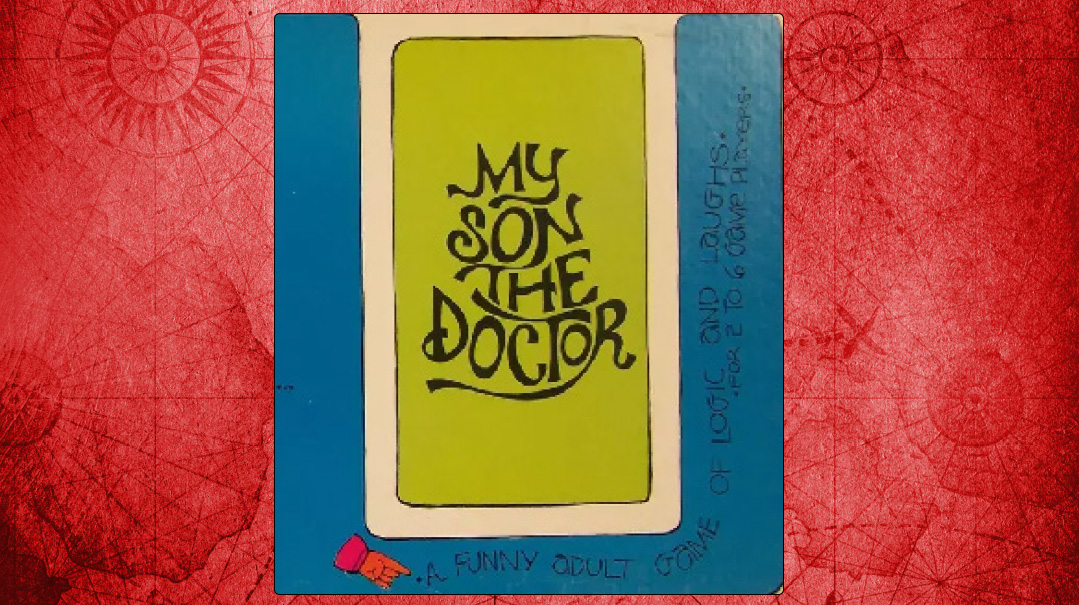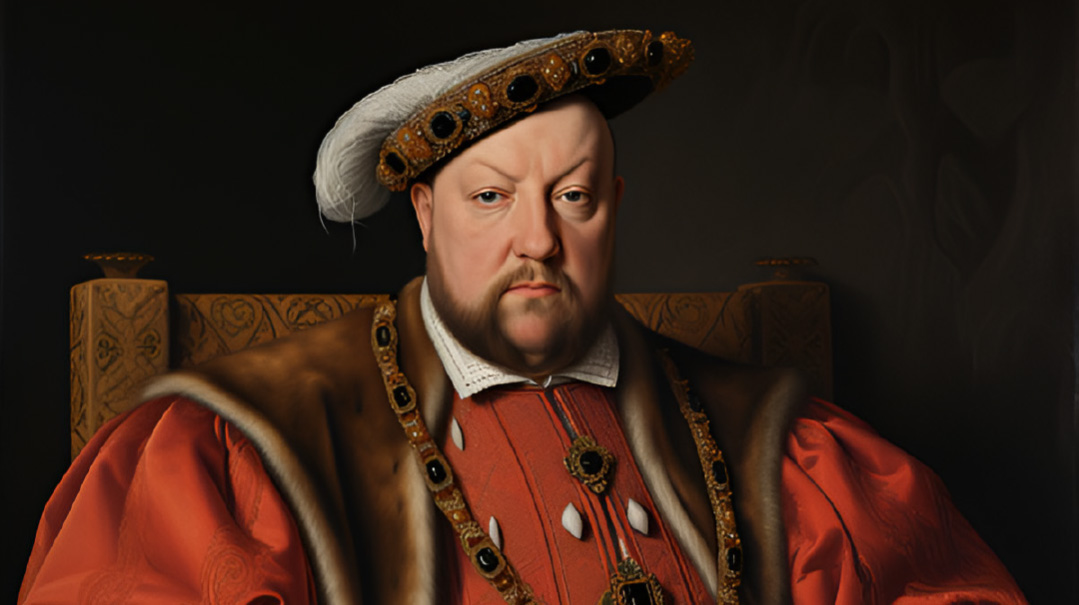The Royal Dietician
| September 26, 2023He was a skilled diplomat of the highest order, but somehow Hasdai Ibn Shaprut found himself in the history books for his success as a weight loss coach

HE was a skilled diplomat of the highest order, but somehow Hasdai Ibn Shaprut found himself in the history books for his success as a weight loss coach.
Hasdai Ibn Shaprut (915-970 CE) is famous as one of the leading “chatzranim,” or court Jews, of Jewish history. These were Jews who became close to gentile rulers and because of their proximity to power, they were able to influence political affairs, both with regard to non-Jews as well as fellow Jews.
Hasdai was renowned as a physician, and is often described as the personal physician of one of the most famous and powerful of the Islamic rulers of Spain (Andalus), Abdurrahman III, with whom he developed a very close relationship.
But a closer look at the historical record reveals that there is in fact no evidence that Hasdai was Abdurrahman’s doctor. Rather, he was from a young age the Caliph’s diplomatic troubleshooter.
On one notable occasion, however, Hasdai was indeed asked by Abdurrahman to combine his diplomatic and medical skills on a mission of great delicacy. That’s how he became perhaps the first celebrity dietician of all time.
The Patient
During the 950s, the Iberian Peninsula consisted of one large kingdom and a half-dozen smaller ones. The large kingdom (about 70 percent of Iberia) was the Muslim Caliphate of Cordoba. The smaller kingdoms were Christian, and often at war with the Caliph. The largest of these Christian kingdoms was Leon.
During Hasdai’s tenure, a prince named Sancho was slated to ascend the throne. However, his struggles with obesity (he was purportedly over 500 lbs.), necessitating assistance to rise from bed and mount his horse, undermined his ability to command respect. An object of ridicule, Sancho “The Fat” was overthrown.
He appealed to his grandmother, Queen Toda, for help recapturing his rightful position. Though a Christian, Toda was related to the Caliph Abdurrahman III, and she subsequently asked him for assistance. In return for the Caliph’s help, she promised that if her son regained the throne, the Kingdom of Leon would maintain peaceful relations with the Caliph’s Muslim realm.
The Diagnosis
The potential gains of the prince’s weight loss were too weighty to ignore, and Abdurrahman put the clever court Jew Hasdai on the case. Clearly a radical diet was required, with strict reinforcement and no cheating. So Hasdai required that Sancho relocate to his home in Cordoba, the Muslim capital, and place himself under the Jewish physician’s complete control.
The diplomat-turned-dietician’s food plan must have been difficult for Sancho, who was accustomed to eating seven meals a day, each meal having 17 courses. But political necessity trumped personal feelings, and within a year or less, Sancho lost at least half his weight. The new slim Sancho was then able to regain his throne, and Hasdai scored another diplomatic triumph.
The Treatment Plan
How did Hasdai do it? What was the diet? To this day no one knows for certain, but medical historians and scholars continue to speculate (usually in scientific journals). Some suggest it was a liquid diet of some sort: One source mentions seven daily infusions combining salt water, orange-flower water, water boiled with vegetables, and fruit. Indeed, some claim Hasdai had Sancho’s mouth sewn up (at least partially) to prevent him from cheating; Sancho could only ingest liquids with a straw.
Still others think Hasdai used opiates to suppress the prince’s appetite, since Hasdai had earlier famously concocted a theriac or wonder-medicine that may have included opium. There seems to have been an exercise component as well, involving daily walks and numerous steam baths. And according to certain accounts, Hasdai’s treatment must have included a regimen of massages to tighten the loose skin associated with his significant weight loss.
All that mattered to Sancho was his renewed ability to walk five km., lift a sword, and ride a horse. Thanks to his personal weight loss coach, he found his way back to the throne.
For Posterity
For all his achievements as dietician to the monarchs, his translation into Arabic of a famous Greek pharmacology book, and his deft diplomacy on behalf of the Caliph, the permanent significance of Hasdai in Jewish history lies elsewhere.
As the leading Jew in Muslim Spain, Hasdai was in a position to advance Jewish scholarship, most importantly Torah scholarship. When Muslim naval privateers brought Jewish captives taken in raids to Cordoba, one of them turned out to be a leading Torah sage of the tenth-century, Rabbi Moshe ben Chanoch.
Hasdai’s strong political and financial resources enabled Rabbi Moshe not only to be ransomed, but to establish a fully funded world-class yeshivah in Cordoba. This yeshivah, which later relocated to Lucena, where it was headed by the Ritz Geius and then the Rif and then the Rimigash, marks the beginning of the famous and glorious Sephardic tradition of high Torah scholarship.
Muslim or Christian historians of the time fail to document Hasdai’s freeing of Rabbi Moshe and establishment of the yeshivah — it must have seemed insignificant to them compared to his political and medical accomplishments. But while monarchs may gain or lose weight — and thrones — our nation’s spirit continues to be nourished by Hasdai’s eternal investment.
Rabbi Dovid Katz PhD is a Shul Rav in Baltimore (“Hertzberg’s”), a history professor at The Johns Hopkins University, and the host of a popular podcast: “Jewish History with Rabbi Dr. Dovid Katz”
(Originally featured in Mishpacha, Issue 980)
Oops! We could not locate your form.







